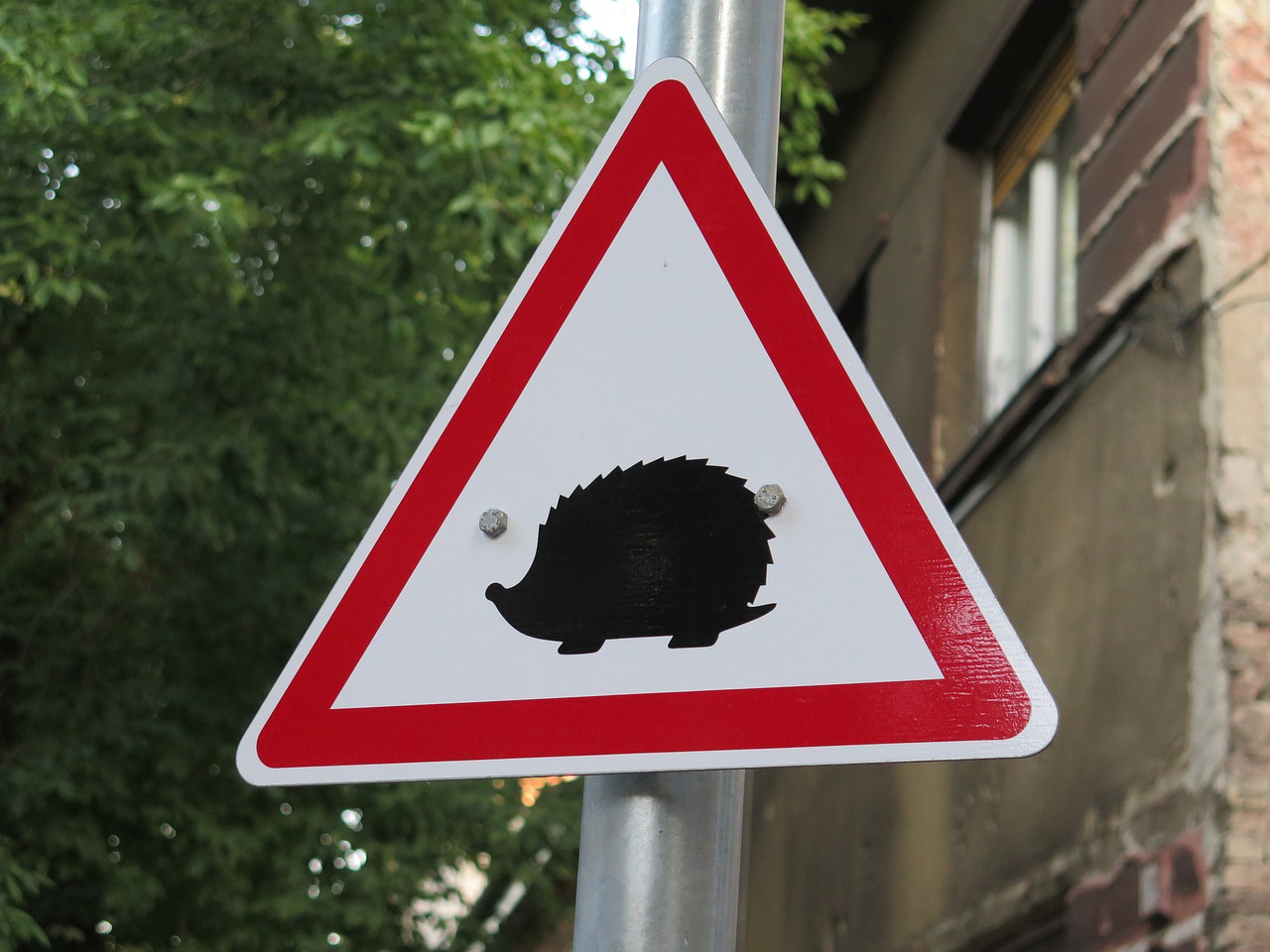How often do you tell your children that the cute fluffy animal they can see lying at the side of the road is “just sleeping”? Sadly, this is a regular occurrence for our furry wildlife friends with more than 3,300 reports of animals killed on roads between 2017- 2018, with badgers being the most commonly reported, followed by foxes and hedgehogs.
The dread of hitting an animal is a fear universally expressed by drivers and not a situation anyone wants to find themselves in. However, if you’re unfortunate enough to have this happen to you, take a look at some of the legal requirements, advice and preventative measures listed below:

• Legal Obligation: As with any road traffic accident, you must stop but be sure that it is safe to do so, ensuring that the road is clear and that you are visible to other road users if it’s dark. The Road Traffic Act 1988 legally requires you to report hitting the following animals to the police - this applies regardless of whether the animal is dead or injured; dogs, livestock, horses, donkeys and mules. Any deceased animals found on the road, whether they be wild or domestic, can be reported to the local council for removal.
• Awareness: If there is a high volume of animals in a particular area there will usually be road signs alerting motorists of this so be mindful of your surroundings and remain alert, adjusting your speed accordingly. When travelling at night, particularly through the countryside, make full use of your headlights; using the full beam accordingly will increase visibility and highlight any creatures that are on the road up ahead.
• Prevention: You can stop for animals crossing the road provided that you do so safely and don’t cause any danger to other motorists. However, be aware that when swerving into oncoming traffic in order to avoid an animal, should you cause an accident, you will be held liable. This too, applies to performing an emergency stop, so if you do have to stop suddenly and the car behind crashes into you, then you again may be held responsible. However, it does depend on the situation, and in some instances it could even be argued that the vehicle behind may not have been keeping the correct distance or were not paying attention and didn’t identified the danger ahead (if it’s a large animal, such as a horse or cow, this should be possible) and act accordingly. As a general rule of thumb however, if the action requires you to put yourself or another road user in danger, don’t do it!
• Liability: If an injury is sustained to either the driver or passenger, or the vehicle itself is damaged as a result of a collision with an animal, you should be able to make a claim through your insurance company; though be sure to check the terms and conditions of your policy thoroughly before doing so. If the animal you hit is a domestic or farm animal, then you could argue that the owner is accountable, as it’s their responsibility to ensure that the animal is secure. However, be aware that if you hit a wild animal and make a claim, you could lose your no claims bonus!
• Help: In the event of being involved in a collision with an animal, your initial instinct may be to go and check on the animal and help, but take into consideration your safety and that of others around you first. Remember, they are wild animals so always be cautious when approaching; they could be wary of people and may show signs of aggression if injured or threatened. Observe the animal to see how badly it is injured and then call a vet or a wildlife rehabilitator like the RSPCA, if possible, as they may be able to take it in and rehabilitate it.
No driver wants to hit and injure an animal – or worse, but in some circumstances it’s completely unavoidable. So will you be taking these animal awareness tips into consideration if you ever find yourself in this situation? Let us know through our social media channels.
Other CarCliq articles that may interest you:
Why you should fix body damage straight away
Top tips to avoid using your phone when driving
For more CarCliq Guides click here.